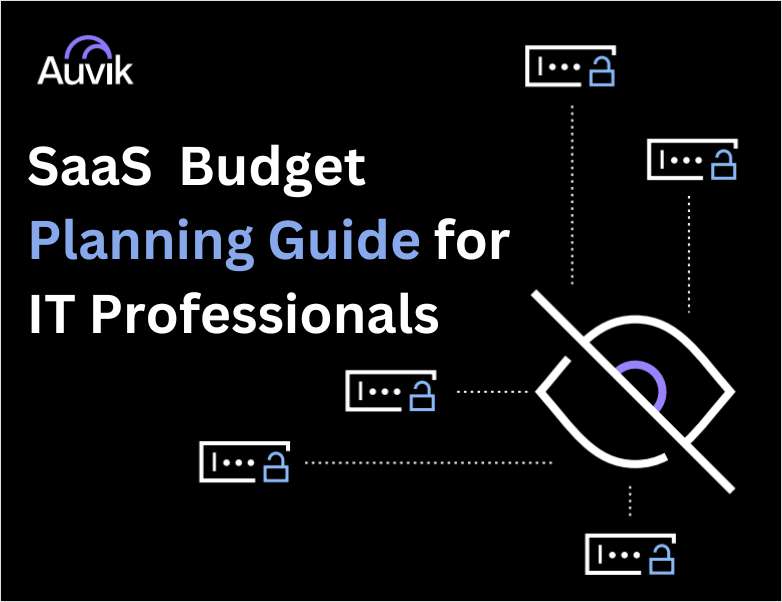Editor-in-Chief Paul Gentile's Feb. 22 column on NCUA's data collection program repeatedly references "serving the underserved." My challenge is, I don't know what "serving the underserved" means – it's vague, has no legal basis that I'm aware of, and smacks of euphemism. I would suggest as an industry we should drop the term from our lexicon. "Serving people of modest means" is our congressional mandate, as expressed in the Federal Credit Union Act. Rather than letting bankers define who we should serve, let's determine as best we can, what our original mandate meant, in the context of the world of 1934. Then let's translate that meaning into today's economic terms, to set a reasonable standard of what our mandate means today. Who exactly did credit unions serve in 1934? Wasn't it largely employed factory workers? What do employed factory workers earn today? Are those factory workers at the same income levels as described by "serving the underserved"? (I suspect not, but I'll admit it's only a suspicion, since again, I don't know what "serving the underserved" really means). Is it OK today for credit unions to serve teachers, policemen and firemen? Or do those groups make too much money? (Surely not!) How about white-collar government workers? How about military officers? We all know that this vague term "serving the underserved" has something to do with serving "the poor." I certainly believe credit unions are in a great position to assist in serving "the poor" (however you define the term). But was it ever the intent for credit unions, that we should exclude middle class Americans? For any legislators who might believe serving employed middle class Americans is outside of our mandate, have they thought through the fact that if credit unions did serve exclusively "the poor", we would not have the resources to serve our poorest members nearly as well as we do today? I agree with Gentile that this issue is not going away, but we need to figure out what our industry's mandate really is, rather than allowing our enemies to define our mandate for us. And yes, then we should gather data to validate how well we are meeting that mandate. Martin Breland Tower Federal Credit Union CEO Annapolis Junction, Md.
Continue Reading for Free
Register and gain access to:
- Breaking credit union news and analysis, on-site and via our newsletters and custom alerts
- Weekly Shared Accounts podcast featuring exclusive interviews with industry leaders
- Educational webcasts, white papers, and ebooks from industry thought leaders
- Critical coverage of the commercial real estate and financial advisory markets on our other ALM sites, GlobeSt.com and ThinkAdvisor.com
Already have an account? Sign In Now
© 2024 ALM Global, LLC, All Rights Reserved. Request academic re-use from www.copyright.com. All other uses, submit a request to [email protected]. For more information visit Asset & Logo Licensing.









